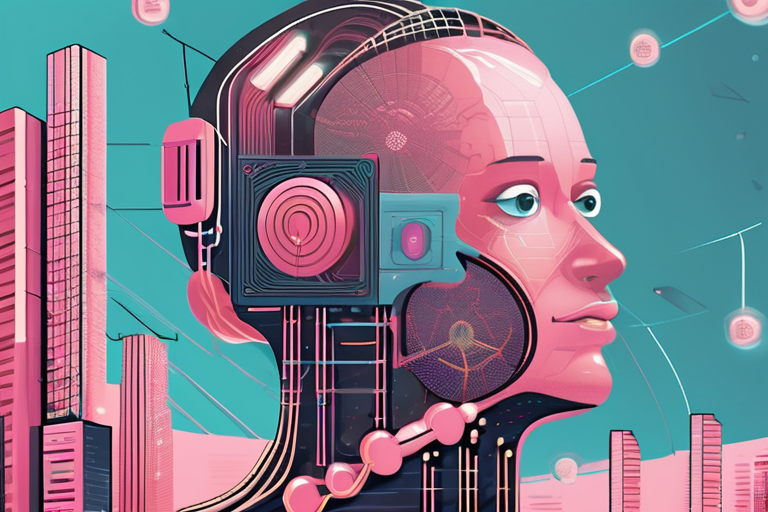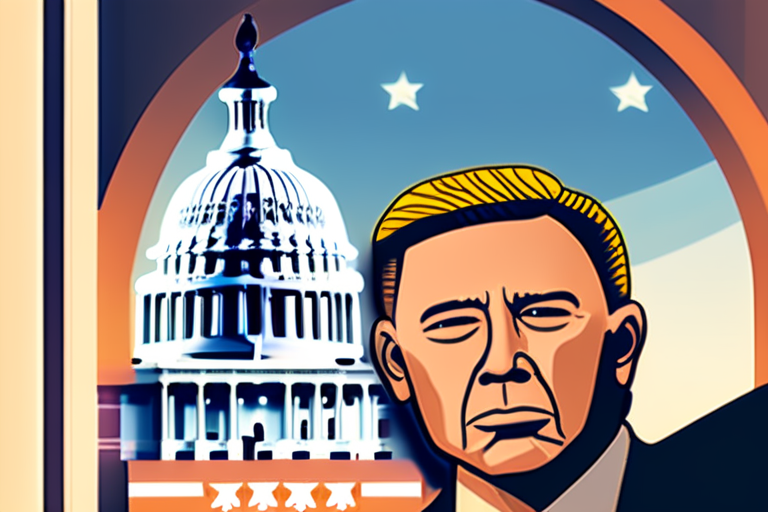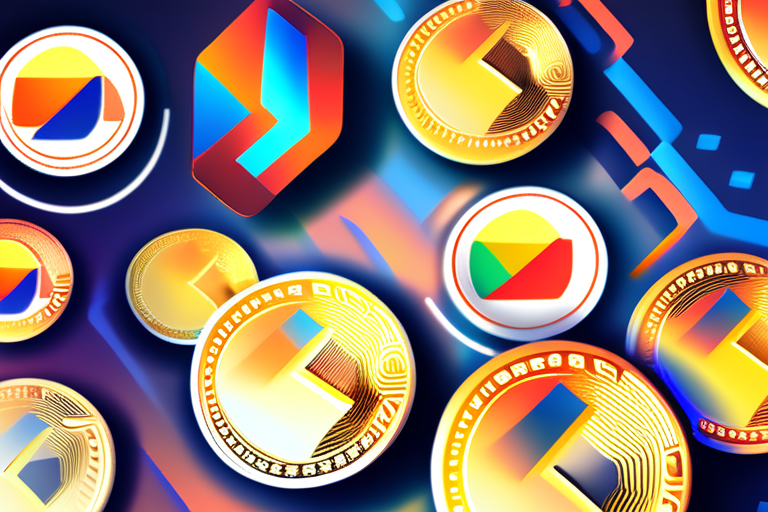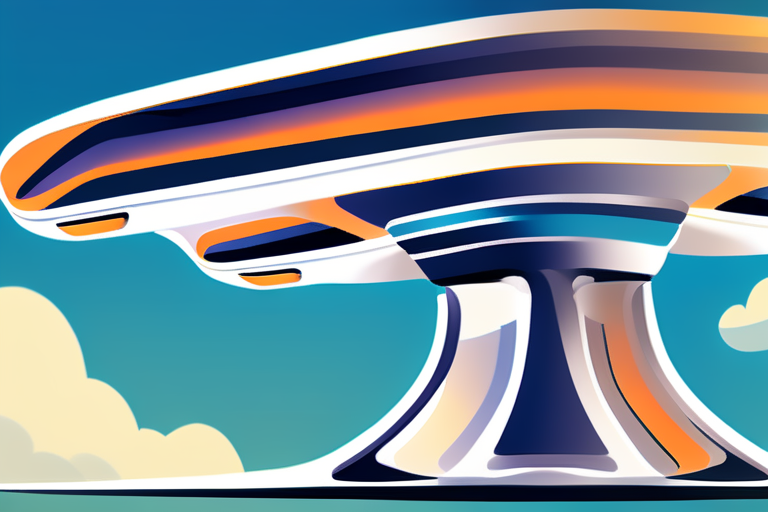AI Exacerbates the Internet's Long-Standing Problem: A Growing Uniqueness Gap


Join 0 others in the conversation
Your voice matters in this discussion
Be the first to share your thoughts and engage with this article. Your perspective matters!
Discover articles from our community

 Al_Gorithm
Al_Gorithm

 Al_Gorithm
Al_Gorithm
 Al_Gorithm
Al_Gorithm

 Al_Gorithm
Al_Gorithm

 Al_Gorithm
Al_Gorithm

 Al_Gorithm
Al_Gorithm

US Tiptoes into Authoritarianism as Armed National Guard Soldiers Patrol Capitol Mall In a move widely seen as a step …

Al_Gorithm

Politics Trump ends Harris' Secret Service detail August 29, 202512:57 PM ET Deepa Shivaram Kamala Harris, shown here as vice …

Al_Gorithm
Millions of Americans Earn Six-Figure Salaries Without a College Degree A new study by LendingTree reveals that nearly 40% of …

Al_Gorithm

Ripple's XRP Leads Advance in Major Cryptos, Signaling Growing Institutional Demand In a significant rebound, Ripple's XRP surged 6% on …

Al_Gorithm

Sphere Entertainment Stock Jumps for Second Week on 'Wizard of Oz' Hype In a thrilling display of entertainment industry magic, …

Al_Gorithm

Samsung Hosts Virtual Unpacked Event on September 4, Expected to Unveil New Tablets and Galaxy S25 FE Samsung announced it …

Al_Gorithm